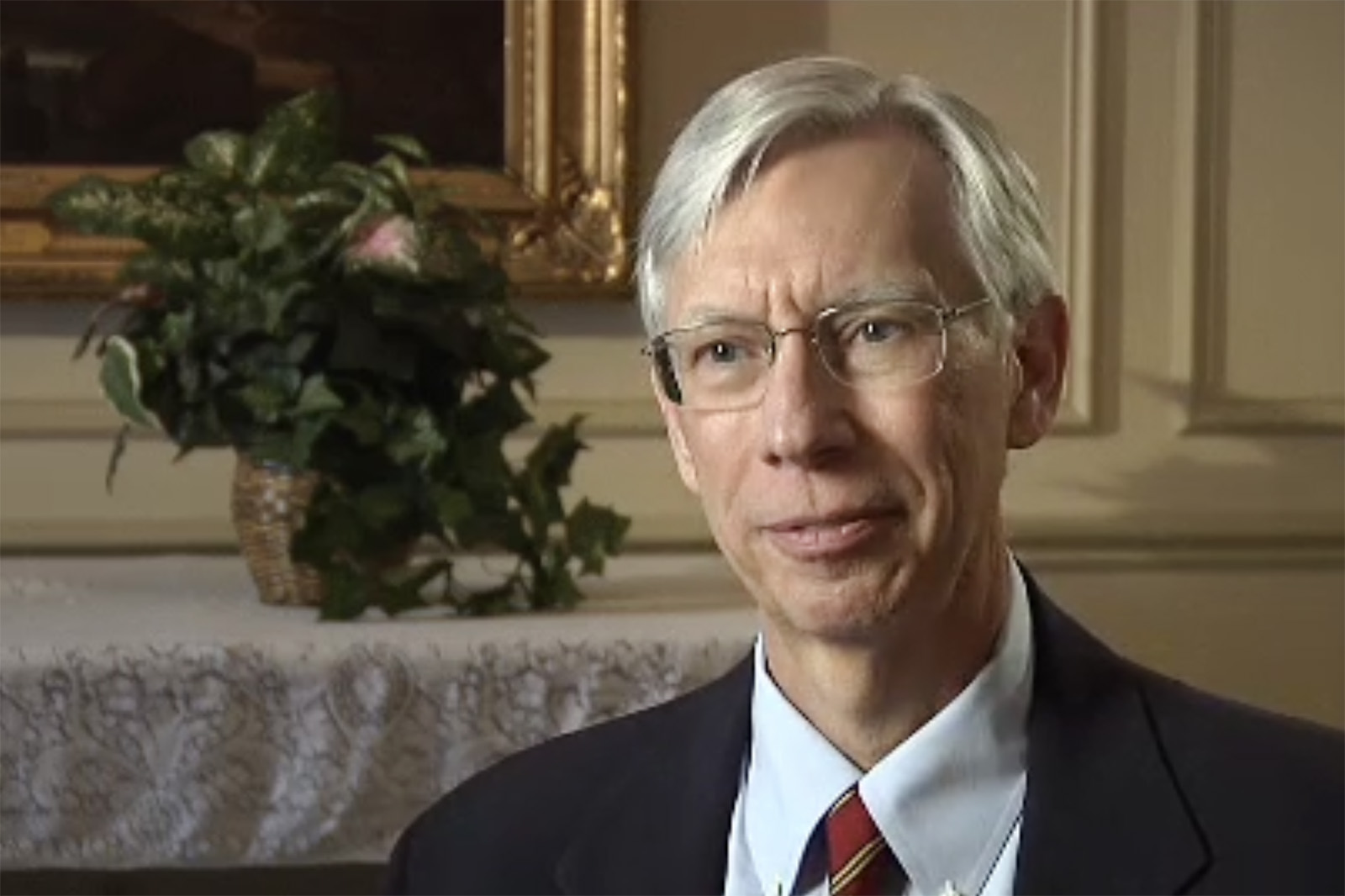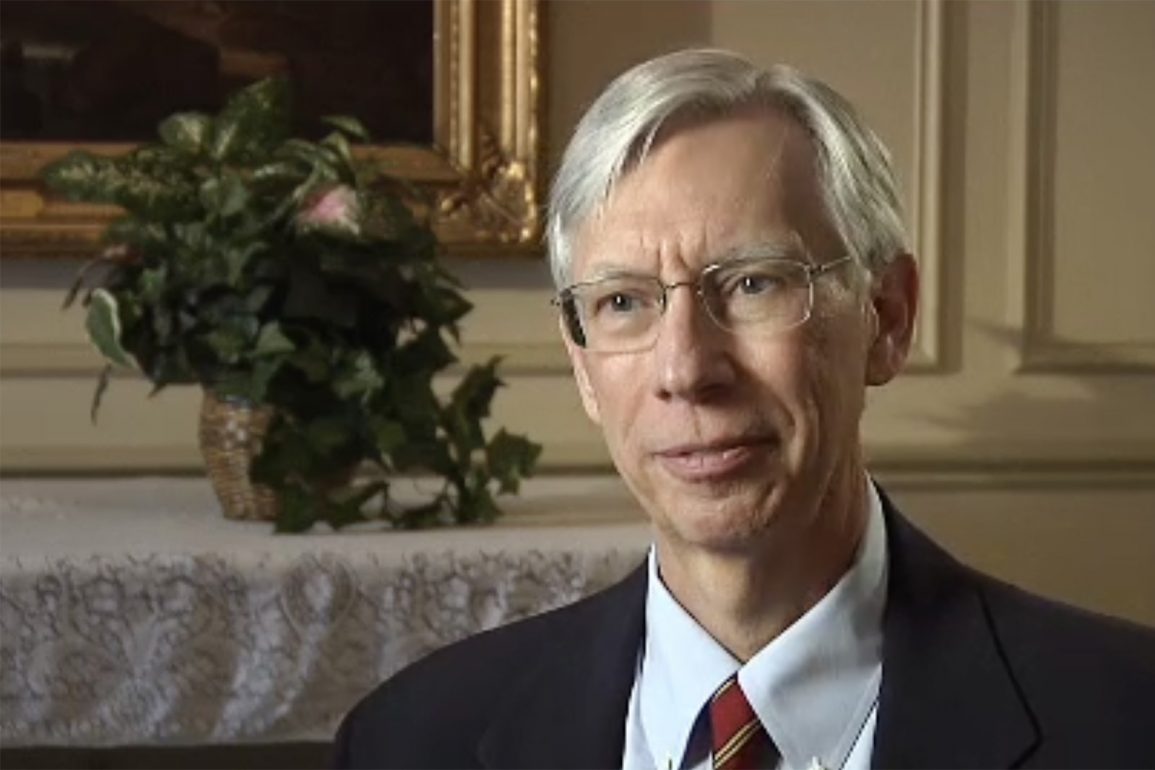
(RNS) — Craig Dykstra, a longtime philanthropy executive who, through his grant-making, helped nurture theologically grounded Christian congregations and strong pastoral leaders, died after a long illness. He was 78.
For nearly a quarter-century, from 1989 to 2012, Dykstra served as vice president of religion at the Lilly Endowment in Indianapolis, a significant position responsible for overseeing the nation’s largest grant-making program for religious inquiry and support of faith-based institutions. He later served as a research professor of practical theology at Duke Divinity School, from which he retired in 2020.
At a time when mainline denominations were declining, Dykstra helped Christian leaders design grant programs to strengthen and root congregations in age-old congregational Christian practices, such as hospitality, forgiveness, and singing. He wanted to reward pastoral excellence and to cultivate Christian vocations among young people.
In all, he was responsible for shepherding 6,321 Lilly Endowment grants to congregations, denominations and divinity schools. Among the most notable were grants supporting the creation of summer youth academies for high school students exploring a Christian vocation and a sabbatical program to help pastors take time off for theological reflection and renewal.
“He had this idea that the church provides a community of practice where we engage together intergenerationally and across centuries and cultures in practices which form us into who we are, and that’s what he wanted to work on,” said Dorothy Bass, who edited several books with Dykstra and served as the director of the Valparaiso Project on the Education and Formation of People in Faith.
For the most part, the grants Dykstra helped develop resisted individualistic and primarily intellectual notions of Christian faith in favor of congregational formation within communities.
“Theology and theological education are burdened by a picture of practice that is harmfully individualistic, technological, ahistorical, and abstract,” Dykstra once wrote. He wanted to cultivate practical theology — activities done together in the worship of God that form lifelong habits.
He wrote six books and multiple book chapters on Christian education and faith development.
Born in Detroit, Dykstra was raised in the Reformed Church of America. After completing an undergraduate degree in philosophy at the University of Michigan, he earned a master of divinity from Princeton Theological Seminary and served briefly as a Presbyterian pastor. He completed his Ph.D. at Princeton, then taught at Louisville Presbyterian Seminary and at Princeton Theological Seminary before being recruited to the Lilly Endowment in 1989.
L. Gregory Jones, who served as dean of the Duke Divinity School before becoming president of Belmont University, said he remembered Dykstra for helping guide his theological thinking. Years ago, after giving a talk on the decline of Christianity and the forces responsible for it, Jones said, Dykstra pulled him aside for a talk.
“He said, anybody can provide that kind of narrative, that’s too easy. You really need to find ways to think about what solutions we could work toward,” Jones said. “It really changed my imagination. Rather than saying we can’t, and being an armchair quarterback, he (encouraged me) to focus on, ‘OK, how can I be part of creative solutions?’”
Dykstra also encouraged funding for religion journalism, including the PBS television news-magazine program “Religion and Ethics Newsweekly,” which aired weekly from 1997 to 2017, as well as the transformation of Religion News Service into a nonprofit in 2011.
A memorial service for Dykstra will be held June 20 at Second Presbyterian Church in Indianapolis, Indiana, where he and his wife, Betsy, were members.
(Editors note: Religion News Service receives support from the Lilly Foundation.)








